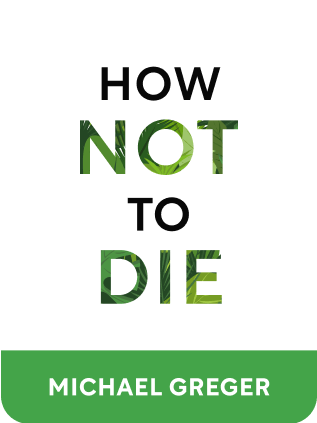

This article is an excerpt from the Shortform book guide to "How Not to Die" by Michael Greger. Shortform has the world's best summaries and analyses of books you should be reading.
Like this article? Sign up for a free trial here .
What are the most common causes of lung disease? What are the different types of lung disease?
On average, 296,000 people die from lung disease every year. Within lung disease are three sub-diseases: 1) lung cancer: 160,000 deaths per year; 2) chronic obstructive pulmonary disease: 140,000 deaths per year; 3) asthma: 3,000 deaths per year.
Keep reading to learn about lung disease causes, types, and prevention.
Lung Cancer Causes
Smoking is the most serious risk factor for lung cancer.
- Male smokers are 23x more likely to get lung cancer than non-smokers. Female smokers are 13x more likely.
- If you think the author’s suspicion of lobbying efforts sounds a little nutty, remember that tobacco company Philip Morris executed a Whitecoat Project to influence doctors to publish research studies discrediting the link between secondhand smoke and lung disease.
- The risk is not permanent—within a year of quitting smoking, a smoker’s risk of heart disease drops to half of current smokers.
A quarter of lung cancer comes in never-smokers. Fumes from frying foods could contribute to the development of cancer, since they release volatile chemicals that increase DNA mutations and thus increase cancer risk.
- Smokers who stir-fry meats every day have 3x the lung cancer odds as smokers who stir-fry foods other than meat daily. Chemically, frying meat creates heterocyclic amines.
- Mothers who were exposed to fumes from grilled meats tended to have babies with smaller head size and lower IQ. The chemicals involved are believed to be polycyclic aromatic hydrocarbons.
- Bacon causes more DNA mutations than beef patties, by releasing nitrosamines.
How Not to Die from Lung Cancer
- Smokers eating a single stalk of broccoli a day show 41% fewer DNA mutations in their bloodstream.
- From cruciferous vegetables (like broccoli and cauliflower), an extract of the compound isothiocyanate showed stunting of cancer growth.
- Curcumin in the spice turmeric causes a drop in DNA mutation rate in smokers, and it reactivates apoptosis in cancer cells.
COPD
COPD is caused by inflammation in lung that leads to long-term breathing problems. The main cause is tobacco smoking, with air pollution and genetics having smaller influences.
Eating cured meat seems to increase the risk of COPD, possibly because of nitrites used in curing meats..
How Not to Die from COPD
- One extra serving of fruit a day showed a 24% lower risk of dying from COPD. This is possibly due to the antioxidant and anti-inflammatory properties of compounds in fruit.
Asthma
How Not to Die from Asthma
- Antioxidants from fruits and vegetables are thought to neutralize free radicals in the respiratory tract that contribute to asthma. Oxidation by-products lowered with plant-based diet
- Kids living in areas where whole-plant diets are more common are significantly less likely to show asthma, wheezing, and allergic eczema.
- Removing eggs and dairy from diet improves asthma within 8 weeks. Adding fruits and vegetables to the diet reduced asthma exacerbation rate by half.
- Supplements of fruit and vegetable extracts don’t work—equivalent servings of fruit and vegetables in pill form didn’t improve asthma.
- Some asthma patients who were thought to be medically unmanageable even dropped asthma medications altogether after switching to a plant-based diet.

———End of Preview———
Like what you just read? Read the rest of the world's best book summary and analysis of Michael Greger's "How Not to Die" at Shortform .
Here's what you'll find in our full How Not to Die summary :
- The health benefits of a plant-based, whole-food diet
- How to reduce your risk of developing the most common diseases that can kill you
- The 12 foods you should eat daily to maximize health benefits






